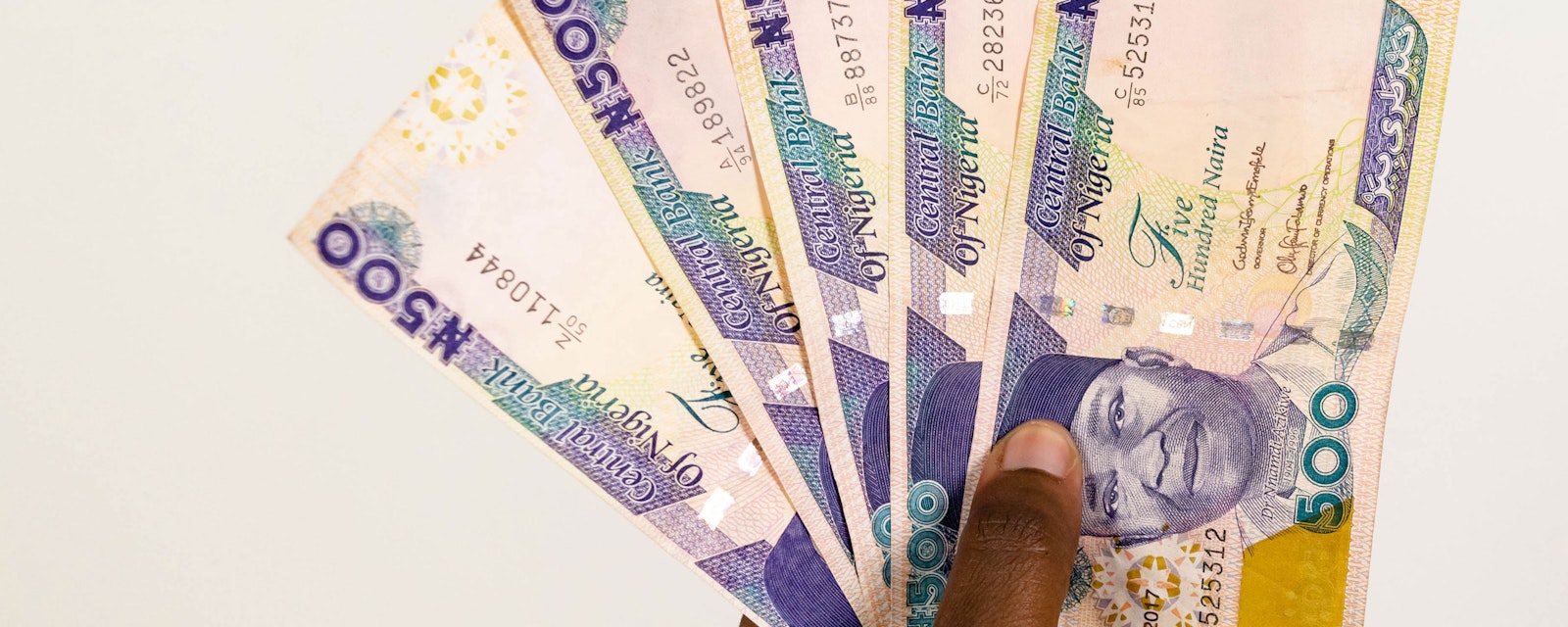As expected, the National Assembly failed to meet the self-imposed deadline to pass the 2018 budget on 24 April. This date was announced on 21 March by the National Assembly leadership, but signs had emerged shortly afterwards that the target was untenable.
Looking ahead, the base case remains that – as in 2017 – parliament will only pass the budget in May, while signature into law by President Muhammadu Buhari is not expected before June. As indicated in previous notes, this does not preclude the potential for further delays should the presidency disagree with changes made by lawmakers to the original proposal submitted in November 2017.
While in theory the persistent legal limbo prevents the government from releasing capital expenditure contained in the 2018 budget, this requirement has in practice been circumvented under the guise of national security. Earlier this month, Buhari approved the release of USD 496mn as a down payment for the purchase of 12 Super Tucano turbo-prop aircrafts from the US to aid the fight against Boko Haram (to be delivered by 2020). He only involved the National Assembly after the fact in a letter demanding lawmakers approve the expenditure in an addendum to the 2018 budget, putting yet another strain on the uneasy relationship between parliament and the executive.
Already in December 2017, the National Economic Council (NEC), a body composed of the Vice President, state governors and the governor of the central bank, controversially approved the withdrawal of USD 1bn from the Excess Crude Account (ECA). The government argued the money was needed to fund security expenditure, most notably in the fight against Boko Haram – an enemy Buhari himself has declared defeated on several occasions. The ECA is a rainy-day fund used to save oil revenues above a base amount derived from a benchmark price set with the annual budget to balance the books in times of low oil prices. The disregard for due process in releasing money from the ECA for loosely defined security purposes without involving the National Assembly points to the risk of off-balance sheet spending and debt accumulation, with implications for Nigeria’s sovereign risk profile. Furthermore, the lack of detail and oversight regarding the use of these funds raises the specter of misappropriation to bankroll something entirely different, e.g. a re-election campaign.




